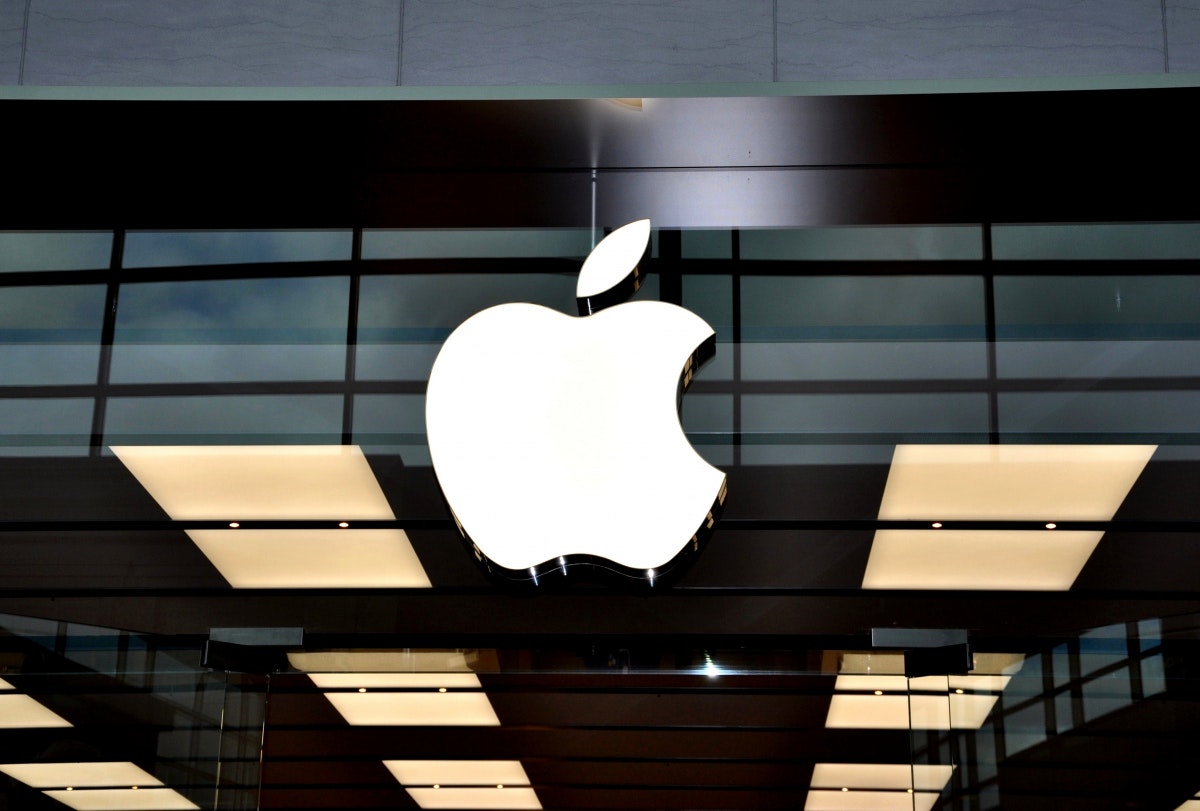Mozilla and Meta are working on a new way to display ads
The advertising industry has been shaken up in recent months. A trend towards more privacy on the Internet has started, which is now also clear to the largest developers of browsers. So it’s no wonder that Mozilla, Google and Co. want to completely block third-party cookies in the future. But what will the advertising model of the future look like when the small text files disappear in many places?
Large advertising companies have been considering this for some time. Although there have already been a few new proposals, none of them have been able to gain acceptance. The IAB, an association of most advertising companies, presented the Transparency and Consent Framework – TCF for short – which was intended to keep the money tap open for the advertising industry using various mechanisms However, the court has now decided that this is not legal.
Google, on the other hand, tried FloC, a system that was supposed to divide users into different groups based on their browsing history. After the outcry of privacy advocates and internal investigations the group has now given up on that again, now “Topics” should fix it. This does not interfere so much with the privacy of the users, but still allows them to be divided into around 300 interest categories.
Meanwhile, Mozilla and Meta (formerly Facebook) are working on their own model. This goes by the awkward name of Interoperable Private Attribution (IPA) and is intended to make both the advertiser and the advertiser happy. It also plays a role that advertisers can continue to analyze how successfully their campaigns are running. At the same time, user data should remain protected.
This works through two different mechanisms. MPC (Multi-Party Computation) ensures that users share their data, but at the same time it cannot be directly traced back to a person. In this way, websites, browser manufacturers or advertisers have sufficient knowledge to display suitable advertising, while at the same time the specific user details remain hidden.
On the other hand, IPA is an aggregated system. Data is therefore never disclosed individually, only in aggregated form. Mozilla and Meta promise that even small advertising companies can gain a foothold in this way and that the advertising market will not be dominated by a few players as it is today. At the same time, however, it is also emphasized that there is still some work to be done at the moment, so the system will still need some time before it is officially available.
Via Mozilla



